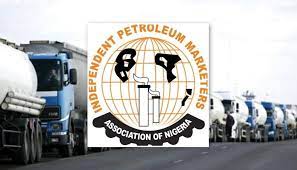The Independent Petroleum Marketers Association of Nigeria (IPMAN) and the Major Energy Marketers Association of Nigeria (MEMAN) have forecasted a slight decrease in the pump price of Premium Motor Spirit (PMS), commonly known as petrol, refined at the Port Harcourt Refining Company once the facility resumes operations next month.
Both IPMAN and MEMAN affirmed their preparedness to procure products from the refinery and urged the Nigerian National Petroleum Company Limited (NNPCL) to fulfill its commitment of releasing refined products from the facility within two weeks.
Last Friday, during an appearance before the Senate Ad-hoc Committee investigating refinery Turn Around Maintenance projects, the Group Managing Director of NNPCL, Mele Kyari, disclosed that the Port Harcourt refinery is set to commence operations in approximately two weeks.
Related News: NNPC and Fuel Marketers Clash Over Petrol Subsidy Amid Naira Depreciation
He emphasized that mechanical works on the Port Harcourt, Warri, and Kaduna refineries had been finalized, with the Kaduna refinery scheduled to commence operations by December.
Abubakar Maigandi, the National President of IPMAN, confirmed that marketers were informed about the development and are prepared to commence product lifting. He anticipates a marginal reduction in petrol prices once production resumes.
Similarly, Clement Isong, the Executive Secretary of MEMAN, noted that while the refinery may not cater to the entirety of petrol demand, MEMAN will procure refined products from the refinery through NNPCL’s trading arm.
Kyari informed the Senate that the Port Harcourt refinery has received over 450,000 barrels of oil and is ready to supply refined crude to the market. He assured confidence in the refinery’s integrity despite potential security challenges.
The Federal Government had previously announced the mechanical completion of the Port Harcourt refinery in December 2023, with the expectation that products would reach the market before the end of that year.
However, this did not materialize, leaving Nigerians awaiting the commencement of domestic petroleum product production from local refineries. Currently, Nigeria relies on imports for refined petroleum products facilitated by NNPCL.
You can also read: Nigeria’s Inflation Rate Hits 31.70 Percent in February 2024, NBS Reports


